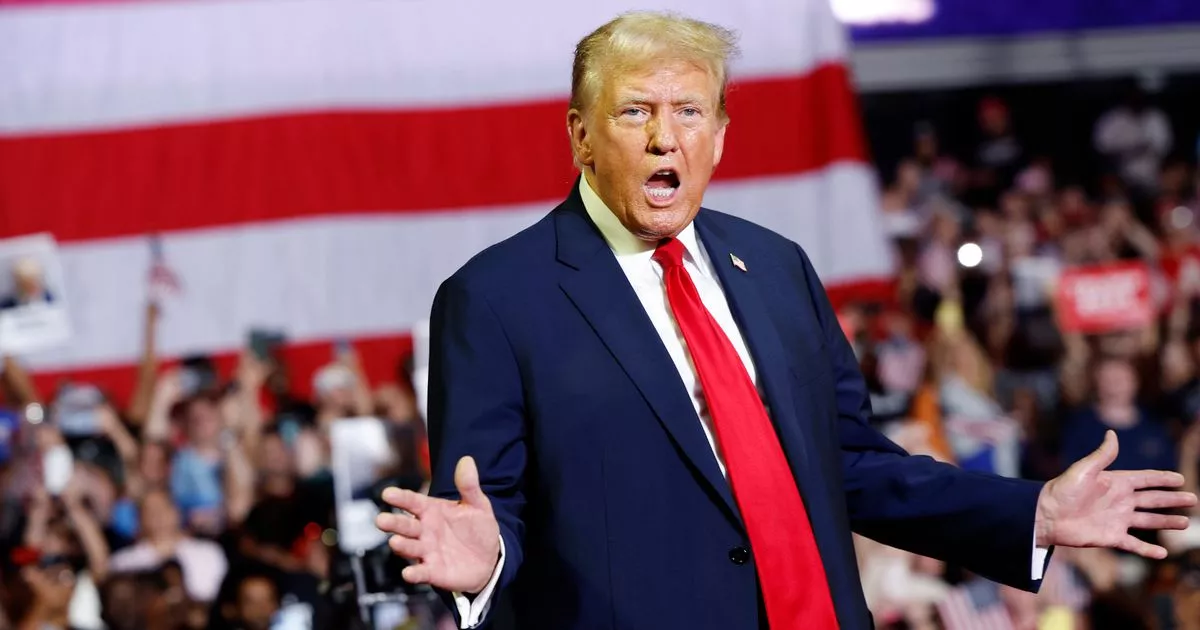Key Falsehoods or Claims:
In the exclusive Time magazine interview, Trump made several false claims, including the assertion that he had a higher approval rating than Abraham Lincoln and that he was the one to give veterans the choice to see a private doctor. He also falsely claimed that the investigation into Russian interference in the 2016 election was a hoax.
Source:
The article is from Alternet, which is known for its progressive perspective. It is important to be aware of the potential bias of the source when considering the analysis and information presented.
Analysis of Impact on Public Opinion and Threat to Democracy:
These falsehoods can shape public opinion by perpetuating misinformation and distorting the truth. This can lead to a lack of trust in the media and democratic institutions, as well as a polarized and misinformed electorate. The spread of conspiracy theories and falsehoods poses a threat to our democracy by undermining the foundations of truth and accountability in political discourse.
Hypothetical Public Reactions or Political Outcomes:
If these lies gain traction, they could potentially affect voter behavior by influencing their perceptions of Trump’s leadership and his administration’s policies. It could also lead to a further erosion of trust in the media and governmental institutions.
Recommendations for Further Reading:
For further reading on the impact of media influence and misinformation, reputable sources such as Pew Research Center, Harvard’s Shorenstein Center on Media, Politics and Public Policy, and the Knight Foundation can provide valuable insights into the effects of lies, conspiracy theories, and tariffs on public opinion and democracy.
Source link
Redirect URL
